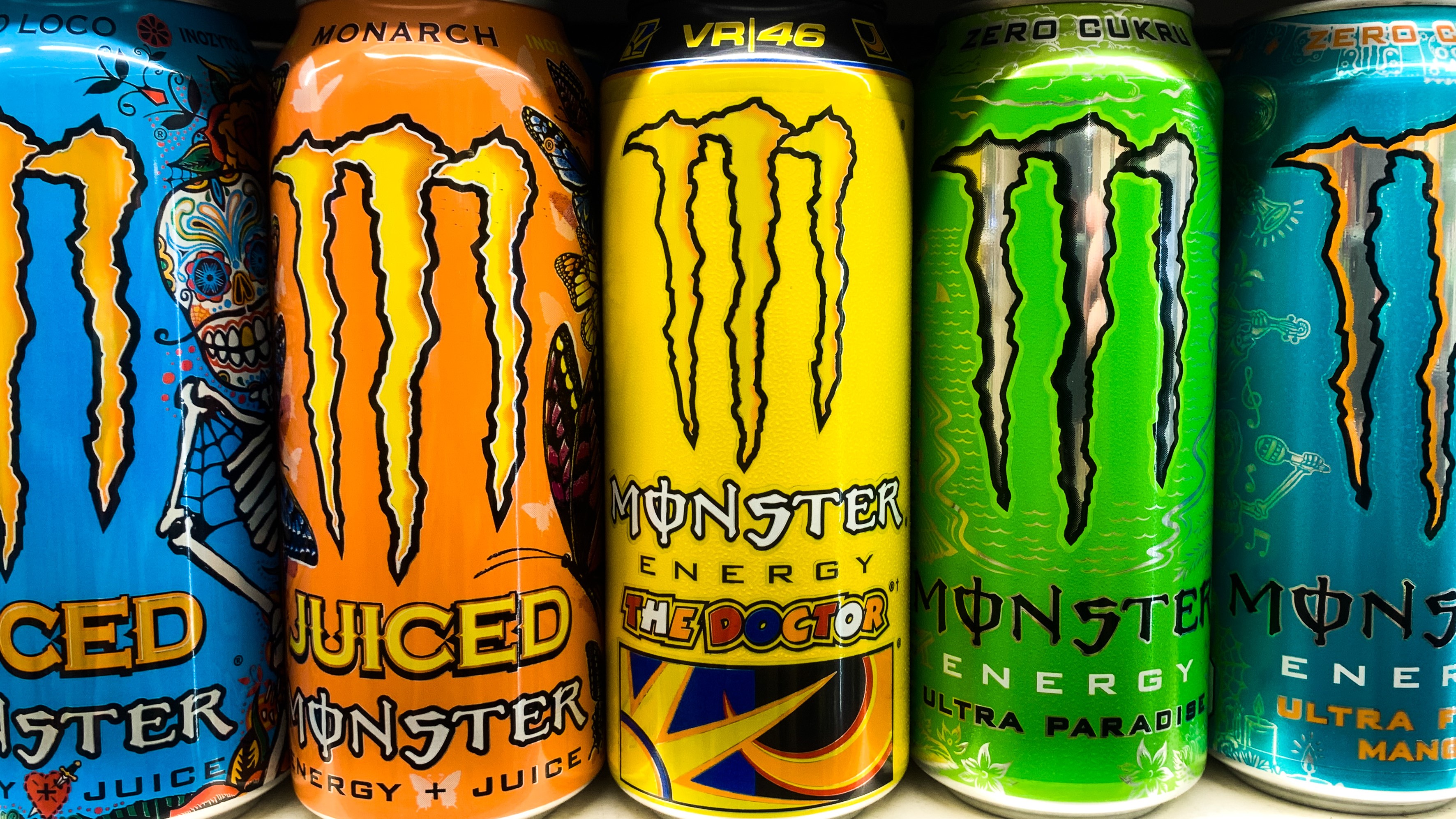Monster Energy tries to bully indie dev out of using the word 'monster', but chose the wrong guy to pick on
"They own the colors green & white too apparently."

Monster Energy is a ubiquitous energy drink brand, now owned by Coca Cola, that as part of its marketing targets the gaming audience. It was an in-game item in Death Stranding (though clearly didn't pony up for the Director's Cut, which removed it). As much as the brand wants to appeal to gamers, though, it also has a reputation within the industry for being heavily litigious. Previous legal tangles include a clash with Ubisoft over Immortals: Fenyx Rising (which was initially called Gods and Monsters).
Yep, it's another brand that thinks it owns the generic word it's adopted. This time, however, it picked the wrong target.
Coca Cola and Monster Energy have targeted indie developer Glowstick Entertainment for the great crime of making a game called Dark Deception: Monsters & Mortals (thanks, TheGamer). Founder and CEO Vincent Livings posted about the legal threats and the settlement offered by Monster, which allows for the studio to use the name in exchange for a whole bunch of nonsensically restrictive terms, including that it never again use the word 'monster' or variations such as 'monstrous' or 'monstrosity' in a game title.
"It's well known that Monster Energy is a notorious trademark troll," said Livings. "Unfortunately, they're at it again. For a company that likes to target their drinks at gamers, they also like to try to bully & bankrupt game studios with lengthy high dollar litigation. Monster Energy's lawyers are coming after us right now, because [Dark Deception: Monsters & Mortals] has the word "Monsters" in it. They claim that our game is confusingly similar to their energy drink. Yep, that's really their claim."
Monster Energy is further claiming that the game's logo has been designed in such a way as to make people think it's somehow a Monster-branded product. As if this wasn't ludicrous enough already, the proposed settlement would also prohibit Glowstick from ever using a green & white logo on a black background for anything it makes, ever again. "So they own the colors green & white too apparently," noted Livings.
We're getting some press for the legal spat with #MonsterEnergy. This type of ridiculous trademark trolling needs to be exposed. Nobody owns the word "monster". https://t.co/TXD8wGhFfRApril 4, 2023
If you think this sounds ridiculous then the good news is that we're all going to have ringside seats for this one. "Rather than roll over, I'm going to fight them in court," says Living. "I'll be sharing everything I've received from Monster Energy to give other game developers a look at their tactics in case they ever want to put the word "monster(s)" in their game title and have to deal with Monster Energy as a result."
Livings has posted Monster Energy's proposed settlement, noting that companies like Monster "depend on doing their bullying in secret, while presenting a clean image to their base (athletes & gamers). Showing their true face publicly is the only real way to stop them."
Keep up to date with the most important stories and the best deals, as picked by the PC Gamer team.
Livings will be doing a livestream to raise funds for the legal fight later this month where, rather brilliantly, he's going to play games with the word 'monster' in the title. Whether this will even reach court is another matter. Livings and Glowstick are undoubtedly the victims here but, if there's one thing these image-conscious brands don't like, it's being called-out in public. I'm not a betting man but if this doesn't end with a forelock-tugging apology from Monster posted on social media, I'll drink one myself.

Rich is a games journalist with 15 years' experience, beginning his career on Edge magazine before working for a wide range of outlets, including Ars Technica, Eurogamer, GamesRadar+, Gamespot, the Guardian, IGN, the New Statesman, Polygon, and Vice. He was the editor of Kotaku UK, the UK arm of Kotaku, for three years before joining PC Gamer. He is the author of a Brief History of Video Games, a full history of the medium, which the Midwest Book Review described as "[a] must-read for serious minded game historians and curious video game connoisseurs alike."

